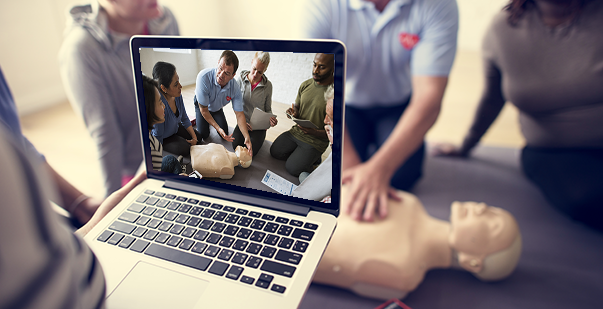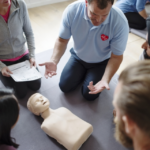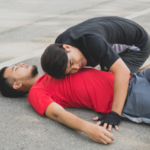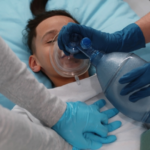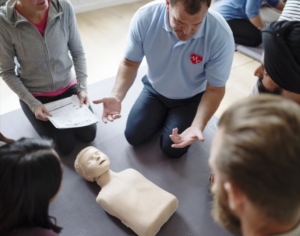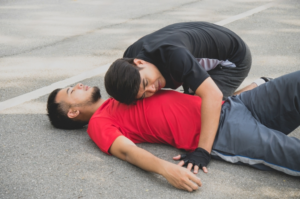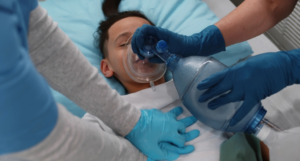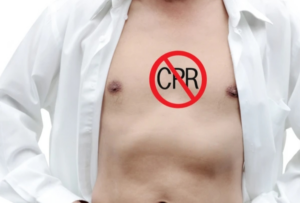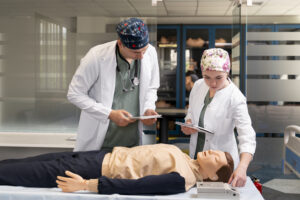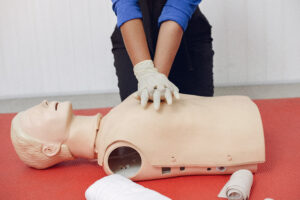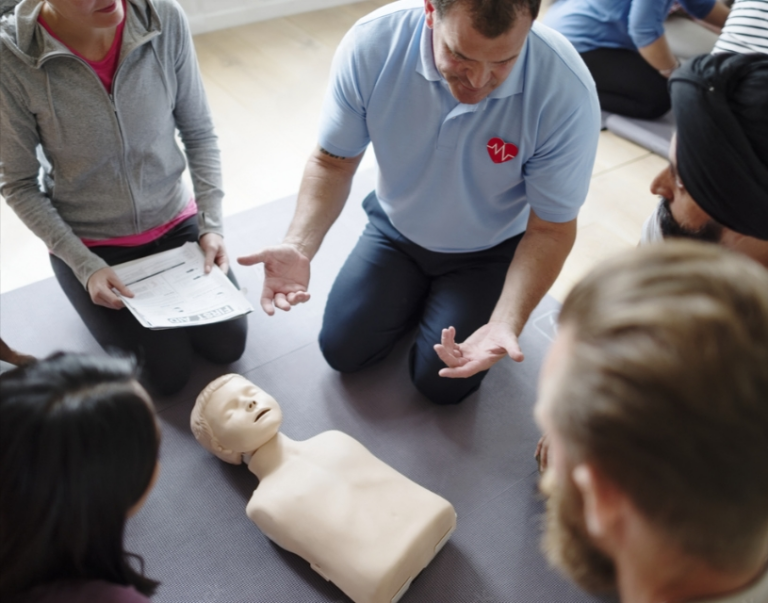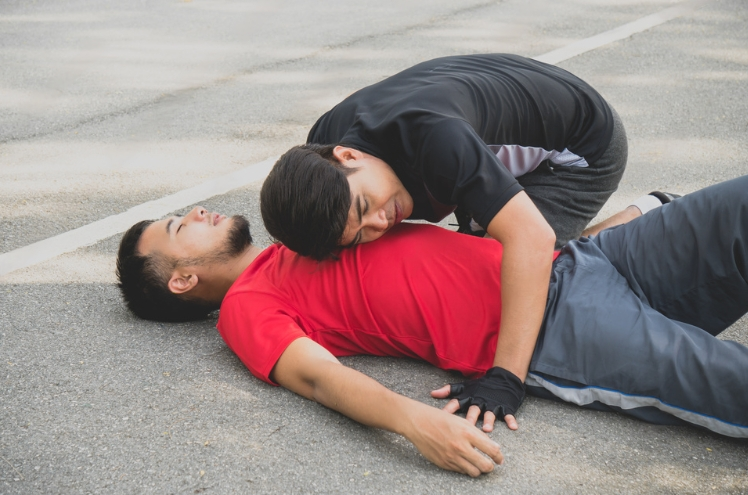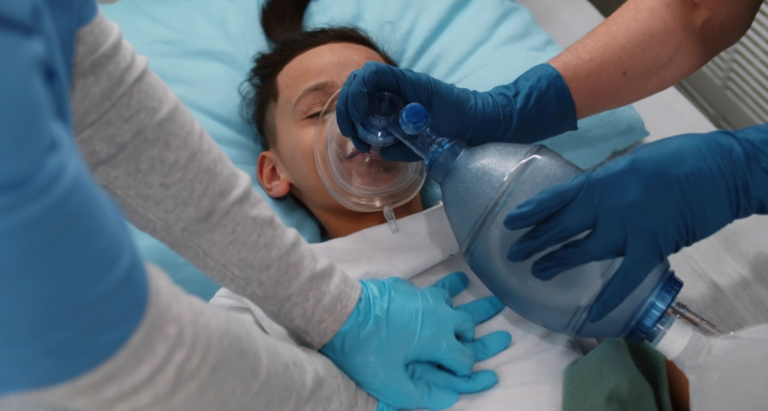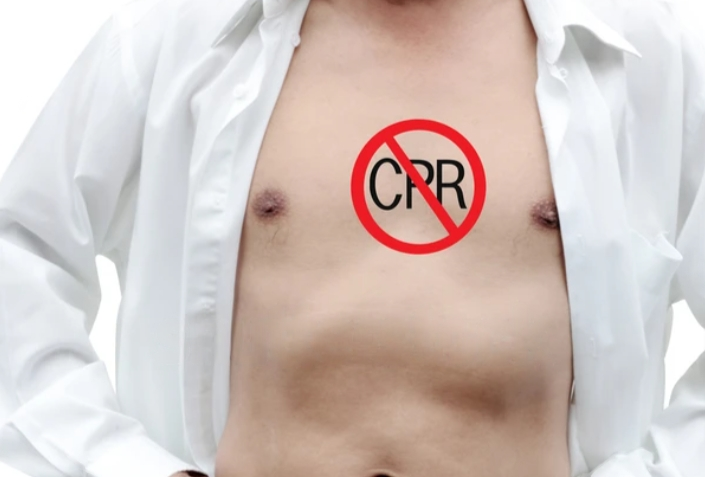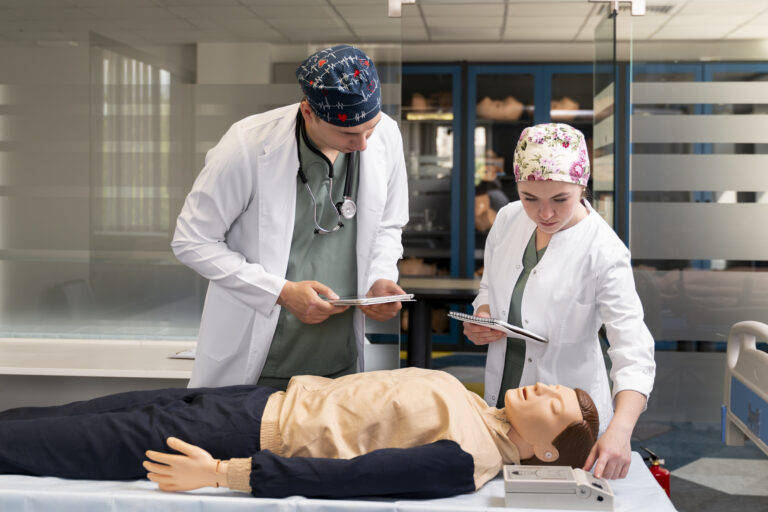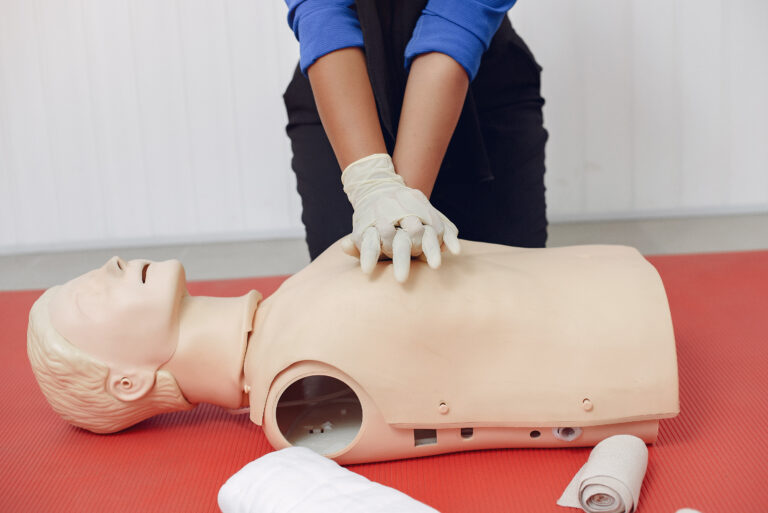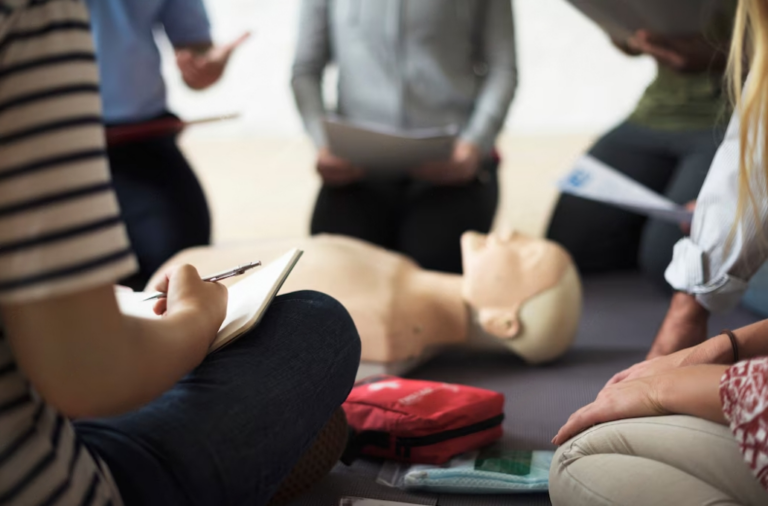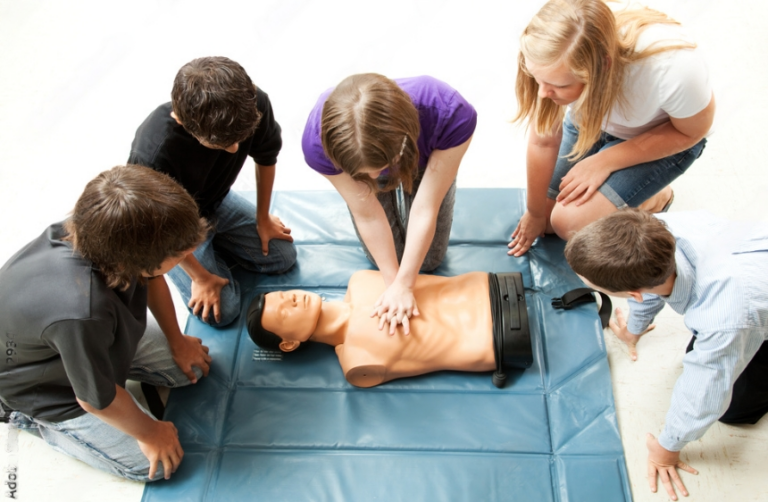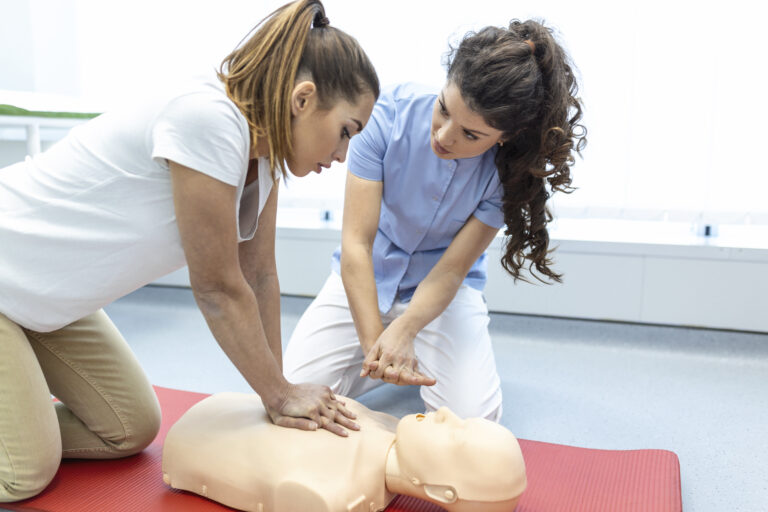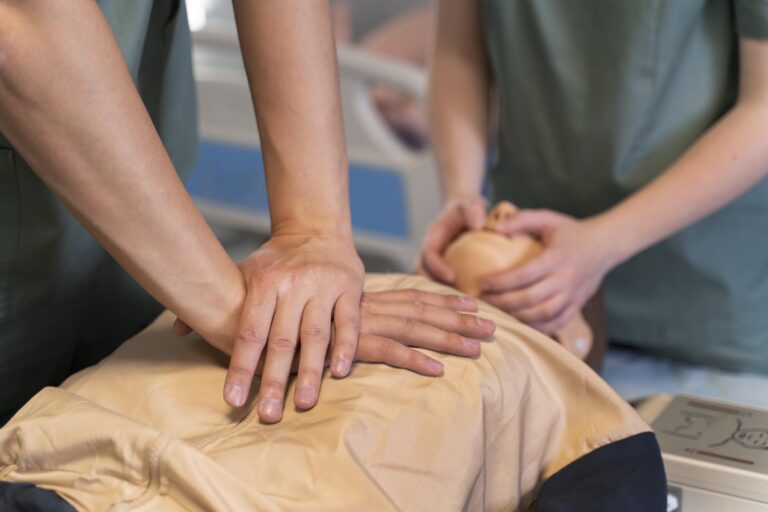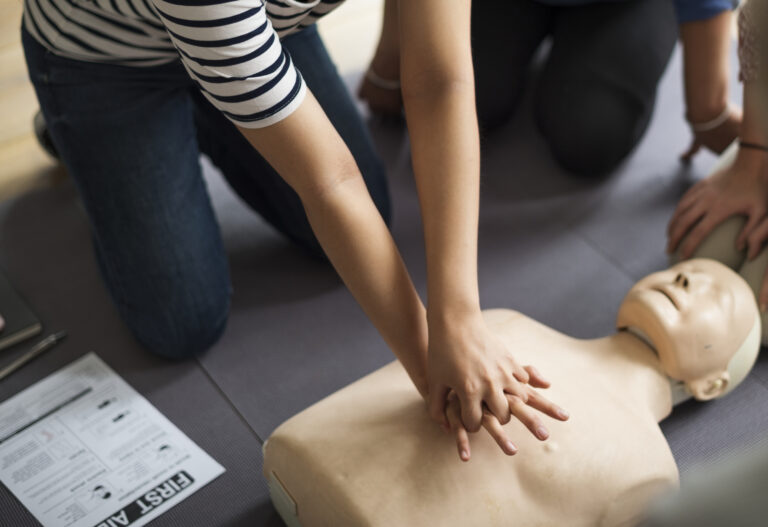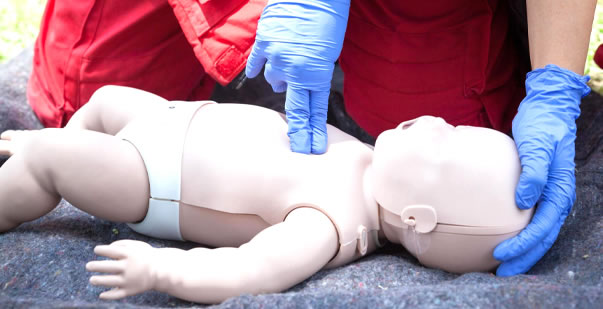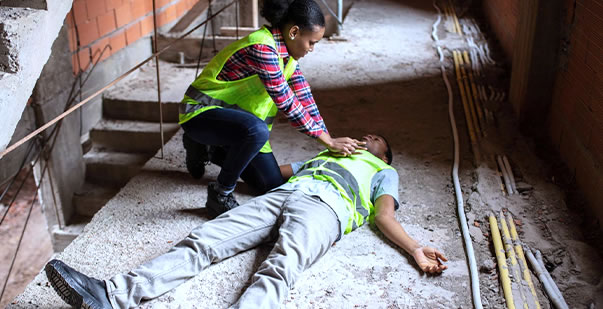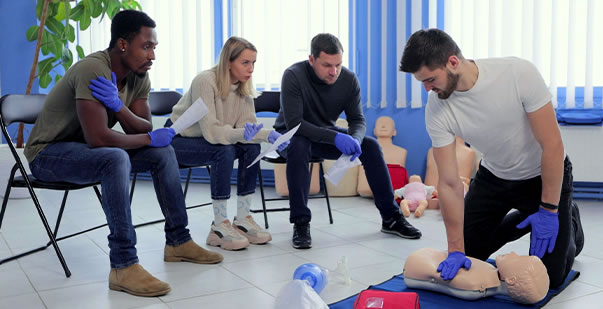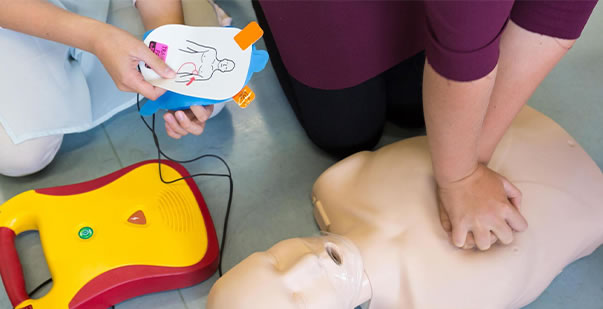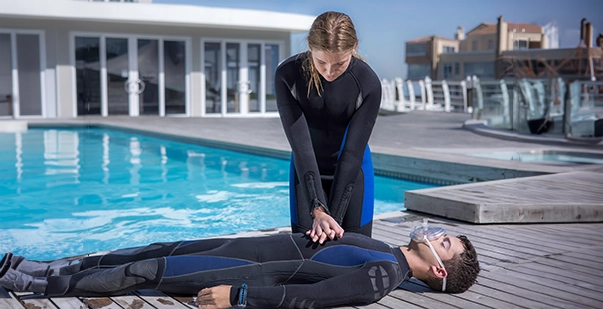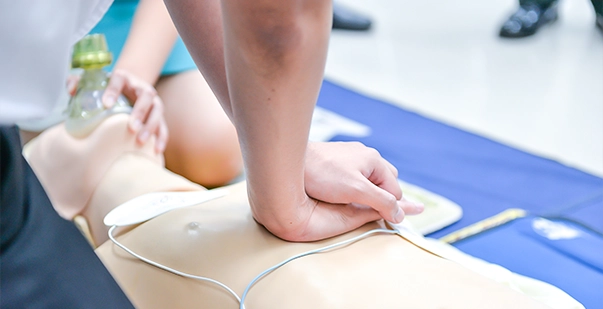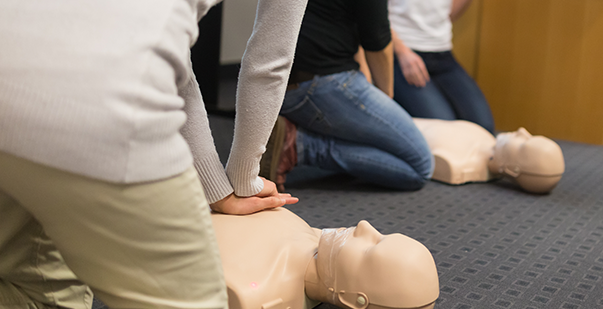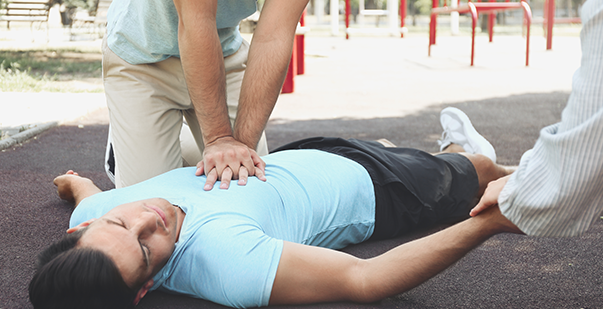In-person and online courses are two popular ways to learn CPR. In-person classes are held in physical classrooms, while the other one is online. While both methods can help you get a life-saving certification, there are essential differences between the two. This blog will allow you to identify the pros and cons of in-person and online classes. The article also helps you pick the right institution for your CPR certification and discusses people needing this course.
In-person CPR classes or Online Learning: Pros and Cons
The incorporation of technology in education has many advantages. However, it does take away from the tangible aspect of learning. Below points highlight the pros and cons of in-person and online CPR classes.
In-Person Classes Pros:
- Face-to-face interaction with teacher and classmates.
- Ability to form relationships with classmates, which can enhance learning.
- Improved focus and motivation due to the physical presence of a classroom environment.
- Hands-on activities that you can only practice in person.
- Increased accountability due to teachers and peers.
- Ability to access campus amenities such as recreation centers or libraries.
In-Person Classes Cons:
- Cost of tuition, transportation, and other fees.
- Risk of exposure to illnesses and viruses.
- Access to technology and resources.
- The difficulty for students with mobility or scheduling issues.
- Access to global learning opportunities.
- Limited access to remote and flexible learning options. Inability to access course materials outside of class time.
Online Learning Pros:
- Flexibility in terms of scheduling, location, and cost.
- Opportunity to access multiple resources and educational materials.
- Increased access to global learning opportunities.
- Ability to access course materials outside of class time.
- Opportunity to practice communication and collaboration skills.
- Reduced risk of exposure to illnesses and viruses.
Online Learning Cons:
- Limited face-to-face interaction with teacher and classmates.
- Possibility of distractions in an online learning environment.
- Difficulty in forming relationships with classmates.
- Reduced motivation due to lack of physical presence in a classroom environment
- Inability to practice hands-on activities.
- Technical issues may impede the learning process.
Who should go for Online CPR Classes?
Everyone should always prepare for medical emergencies. CPR is an essential course for those working with people. If you need more time to take an in-person class, choose the online option. Some people that should take an online CPR certification include:
- Working Professionals:
Online CPR classes are perfect for working professionals who don’t have time to attend a traditional classroom course. - Caregivers:
Caregivers such as nannies, babysitters, and home health aides should take an online CPR class. It will prepare them to respond promptly in an emergency. - Parents:
Parents often have no time to take physical classes. They can take an online course when their child sleeps and prepare beforehand. - Health Professionals:
Healthcare professionals such as nurses, doctors, and EMTs should take these classes to keep their skills up to date. - Lifeguards:
Lifeguards or pool attendants should take an online CPR class to ensure they are prepared to respond to any medical emergency. - Coaches:
Athletes who participate in contact sports are at risk for head or neck injuries. Their coaches must take classes to address any such emergencies.
Where can I find a good training provider?
It is essential to find a reputed training provider for your CPR courses. A recognized CPR certification protects the administrator from liabilities under the Good Samaritan law. Only the proper certification will let you practice this skill and save lives. You should remember the points below when finding the best CPR courses online.
- Look for an institute that follows the ECC 2020 guidelines for CPR.
- Ask your peers and family members for good CPR training providers.
- Check the experience of the tutors and course structure.
- Look for CPR classes that offer self-paced learning and location flexibility.
- Consider the institute that gives you a valid two-year certification for CPR.
Conclusion
Online classes are the best for people with busy lives and less spare time. These classes provide easy access to theory and give a valid certification. You must find the right institute for your course to stay an edge above the rest. Everyone must invest in a CPR certification as it helps you save lives. The CPR Certification Near Me website has many life-saving courses. Check it out and learn a new skill today.

